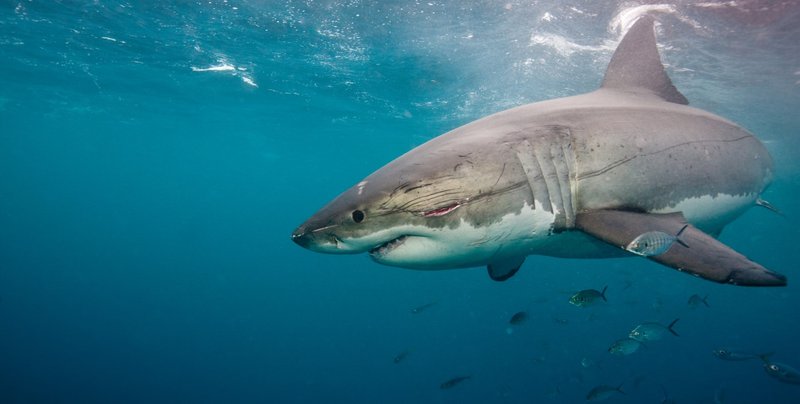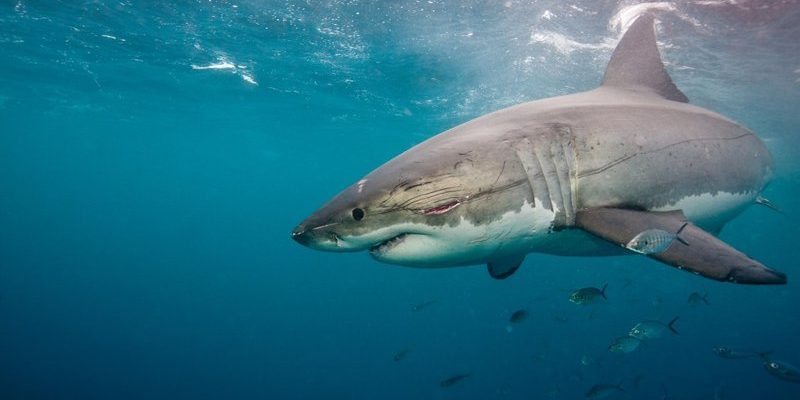
In recent years, we’ve heard more about the plight of sharks. Perhaps you’ve seen documentaries or articles discussing their endangered status. This isn’t just an environmental issue; it’s a call for action. We need to understand what’s happening with these incredible creatures and how we can help them survive. So, grab your coffee as we dive into the current state of shark populations and the steps being taken to protect them.
Understanding Shark Populations
Shark populations have been shrinking at an alarming rate. According to the International Union for Conservation of Nature (IUCN), about one-third of shark species are currently threatened with extinction. Imagine a bustling city bustling with life, slowly emptying as key players disappear. This is what’s happening beneath the waves.
Sharks play a crucial role in maintaining the balance of marine ecosystems. They help regulate populations of other species, ensuring that the ocean remains healthy and thriving. So, what’s causing their decline? A mix of overfishing, habitat destruction, and climate change has put these majestic creatures in a tight spot.
Overfishing is perhaps the most pressing concern. Sharks are often caught unintentionally in fishing nets or are targeted for their fins and meat. Practices like finning, where only the fins are kept and the body is discarded, highlight the cruelty of the industry. This not only affects shark populations but disrupts the entire marine food web.
Key Threats to Sharks
Let’s get into the nitty-gritty of what threatens sharks. The main culprits include:
- Overfishing: As mentioned, sharks are often caught in large fishing nets or targeted for their meat and fins.
- Habitat Loss: Coastal development and pollution destroy the habitats sharks rely on for breeding and feeding.
- Climate Change: Rising ocean temperatures affect the distribution of sharks and their prey, altering their natural behaviors.
- Bycatch: This refers to the unintentional capture of non-target species during fishing. A significant number of sharks fall victim to bycatch.
You might wonder how these factors intertwine. Think of it this way: if one thread in a tapestry is pulled, it can unravel the whole piece. Similarly, if shark populations decline, the entire marine ecosystem suffers.
Conservation Efforts Underway
So, what’s being done to turn the tide for sharks? Thankfully, there are various conservation efforts designed to protect these ocean dwellers. Organizations worldwide are stepping up, and here are some noteworthy initiatives:
- Marine Protected Areas (MPAs): These are sections of oceans where human activities are limited. They serve as safe havens for sharks and other marine life.
- Fishing Regulations: Many countries are implementing stricter fishing laws to limit shark catches and promote sustainable practices.
- Awareness Campaigns: NGOs and marine biologists are working tirelessly to educate the public about sharks’ importance, aiming to shift perceptions and foster support.
Let me explain: MPAs act like nature’s refuges, allowing marine life to thrive without the constant threat of fishing and pollution. It’s like giving a community a chance to rebuild after a disaster.
Shark Protection Laws Around the World
Different countries are tackling the shark crisis in different ways. Some have implemented strong legislation, while others still have a long way to go. Here’s a quick look at how various regions are addressing shark conservation:
- United States: The Shark Conservation Act prevents the practice of shark finning in U.S. waters.
- Australia: The country has a range of shark protection laws, including MPAs that safeguard critical habitats.
- Mexico: Mexico has declared several areas as shark sanctuaries, turning regions into protected spaces for these creatures.
These laws are essential. They can provide a more sustainable future for sharks and encourage responsible fishing practices. You might think of it as establishing the rules of a game; without rules, chaos reigns.
The Role of Technology in Shark Conservation
Technology is playing a pivotal role in shark conservation. From tracking their movements to monitoring their populations, modern advancements are enhancing our understanding of these creatures. One innovative method involves using satellite tags to track shark migrations, revealing their behaviors and habitats over time.
Additionally, underwater drones and remote cameras help researchers collect data without disturbing the sharks. This tech allows scientists to view shark populations in real-time and observe their conditions in their natural habitats. The more we learn, the better equipped we are to protect them.
You might be wondering: how can technology help if sharks are still being targeted? Well, the data collected can inform better fishing policies and encourage conservationists to push for necessary changes.
What Can You Do to Help?
You might feel a bit helpless when faced with something as vast as ocean conservation. But there are many ways you can contribute to the fight for sharks. Here are a few simple actions you can take:
- Support Sustainable Seafood: Choose seafood that comes from sustainable practices. Look for eco-labels on products.
- Reduce Plastic Use: Plastics harm marine life, including sharks. The less plastic we use, the better.
- Get Involved: Join or support organizations dedicated to shark conservation. They often have volunteer opportunities and campaigns you can participate in.
Every little action counts. Think of it as a ripple effect; even small changes can create larger waves of positive impact.
Final Thoughts: The Future of Sharks
The future of sharks hangs in the balance, and it’s up to us to ensure they thrive. While many species are endangered, concerted global efforts are underway to protect them. We’ve covered a lot today, from understanding their plight to exploring conservation strategies.
Here’s the thing: sharks are more than just predators; they are vital for the health of our oceans. By staying informed and taking responsible actions, we can help turn the tide for these magnificent creatures. So, the next time you hear about sharks, remember that they deserve a fighting chance. Together, we can help ensure that future generations will marvel at these incredible animals swimming freely in our oceans.

